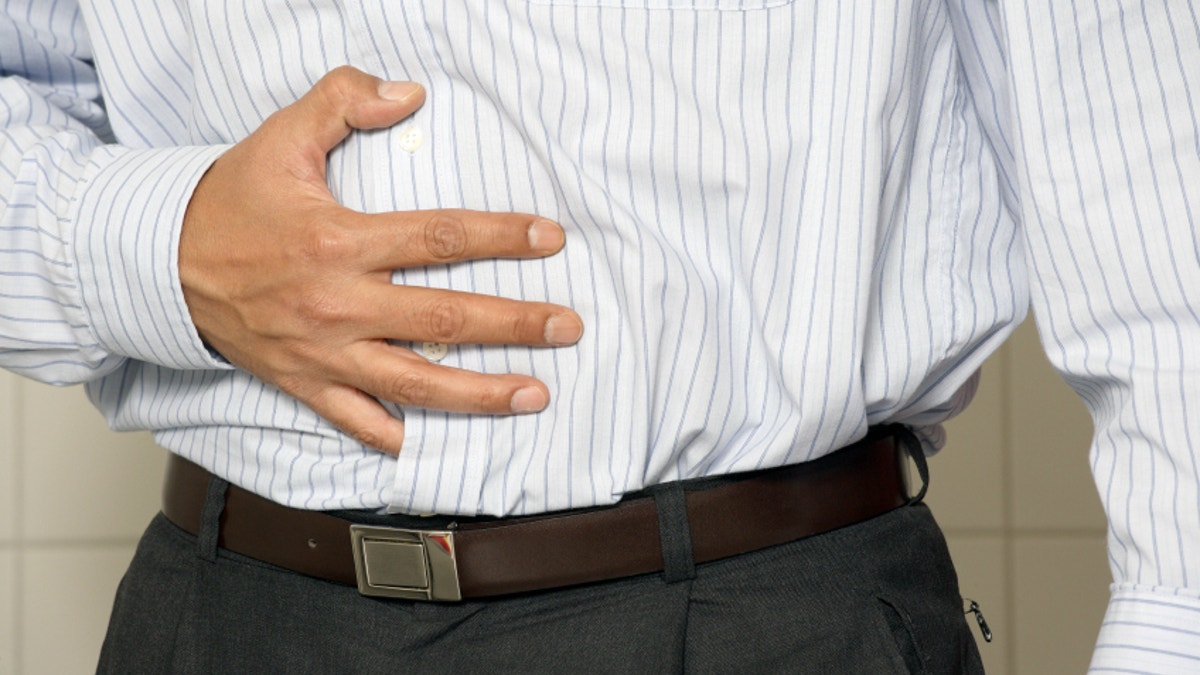
Your stomach knows what time it is. That’s the new finding from Australian researchers, who discovered that your gut has its own circadian rhythm, much like the one that governs sleep and wake times.
When you eat, your stomach stretches out, which activates nerves in your tummy. And how these nerves respond depends on the time of day, says study coauthor Amanda Page. During the day, the nerves are less sensitive, so you can eat more. “The stomach needs to be much fuller before these nerves send signals to the brain that you’re done eating,” says Page. At night, it’s the opposite: The nerves are more sensitive and signal fullness quicker.
So who cares? Your weight does. Disrupting this rhythm may be one reason why people who work overnight shifts—and therefore eat more during the night and less during the day—have higher rates of obesity than those who clock normal hours.
Eat more, stay full longer, and still lose serious weight with these 7 Ways to Outsmart Hunger.
The research is still in its very early stages, but it might mean that we can maximize timing of food intake to control weight gain. Other studies, however, have shown that when—and what—you eat at certain times matters:
Wake up with protein: When people ate a high-protein breakfast like eggs, they were less hungry in the morning and reduced their food intake at lunch compared to a low-protein like pancakes and syrup, found a University of Missouri study.
Lunch before 3: A study in the International Journal of Obesity found that eating your biggest meal—in this case lunch—before 3 p.m. may help you lose more weight compared to eating later in the day.
From the oil on your salad to the marinade on your meat, follow these 5 No-Brainer Food Prep Tips That Help Your Health.
Add even more protein: Eating a 160-calorie snack that included 24 grams of protein three hours after lunch reduced hunger, upped fullness, and helped prevent overeating, according to another University of Missouri study. Try 1 cup of low-fat cottage cheese in the afternoon—it packs about 28 grams of protein and 163 calories.
Stop early: Limiting the time you spend eating to an eight-hour period per day helps prevent obesity and diabetes, per research in Cell Metabolism.
That’s also the premise behind The 8-Hour Diet. Pick up a copy and trim your waistline by cutting back time at the table.
